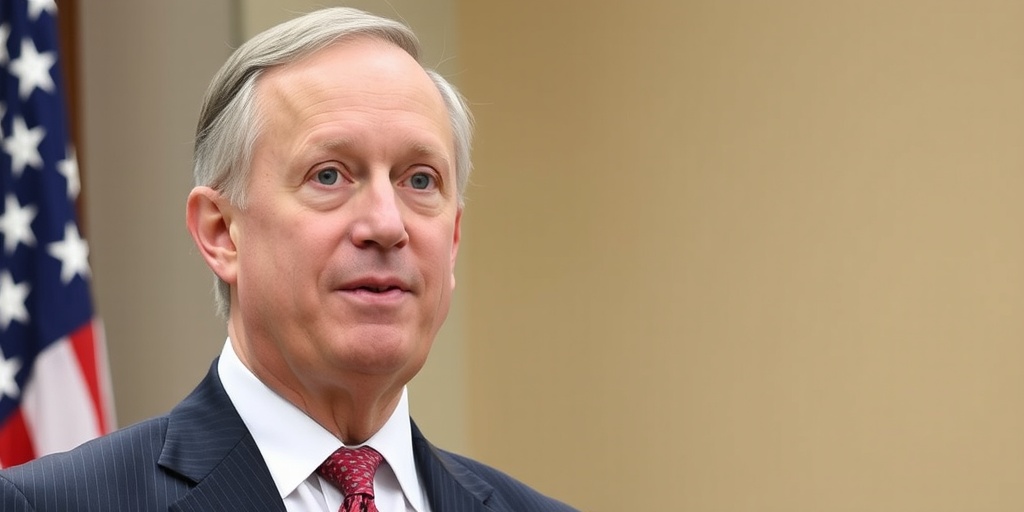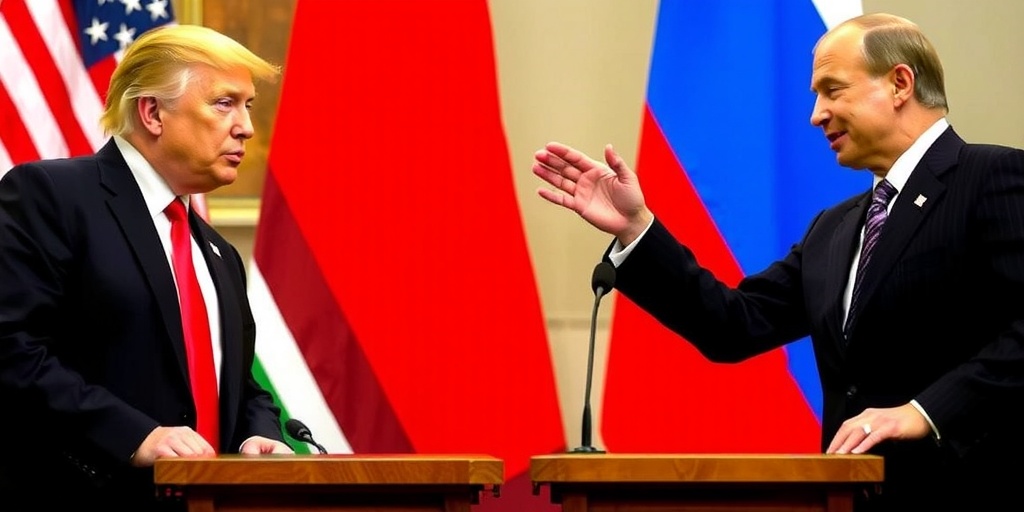Now Reading: JFK Library in Boston Temporarily Closes Amid DOGE Cuts, Kennedy Family Reports
-
01
JFK Library in Boston Temporarily Closes Amid DOGE Cuts, Kennedy Family Reports
JFK Library in Boston Temporarily Closes Amid DOGE Cuts, Kennedy Family Reports

Title: Sudden Closure of John F. Kennedy Presidential Library Sparks Controversy
Boston, MA – The John F. Kennedy Presidential Library and Museum in Boston faced an unexpected closure on Tuesday, leaving visitors and staff in confusion. The National Archives and Records Administration (NARA), the federal agency responsible for overseeing presidential libraries, did not offer a comment or explanation for the abrupt halt to operations.
According to members of the Kennedy family, the sudden closure was a result of staff terminations initiated by officials from what they referred to as Elon Musk’s "Department of Government Efficiency." Jack Schlossberg, Kennedy’s grandson, took to social media to express his concerns about the situation, revealing that NARA had instructed the Kennedy Library to terminate a number of probationary staff members.
"This is a direct attack on our past to rewrite a new future—yet another example of stealing history from the American people," Schlossberg stated. He argued that the actions taken were not related to government efficiency, emphasizing their impact on preserving history and public access to it.
Joe Kennedy III, the former U.S. representative for Massachusetts and a grandnephew of the late president, confirmed in an interview with WBZ-TV that five employees had been laid off—individuals crucial to the library’s daily operations. According to Kennedy, the termination of these staff members left the library with no choice but to clear out visitors and shut down until further notice.
“We have a problem when we start shutting down libraries in the name of government efficiency,” he remarked, highlighting the broader implications of such closures on public resources essential to education and history.
In a statement released late Tuesday evening, NARA announced that the library would reopen the following day, but the agency did not clarify the reasons behind the disruption. The lack of transparency regarding the closure has only fueled speculation and concern among the public and those affiliated with the Kennedy legacy.
The closure aligns with a broader trend during the Trump administration, which has sought to reduce the size of the federal workforce significantly. This initiative includes advising agencies to dismiss a substantial number of employees currently in probationary periods. Many of these decisions seem designed to align with overarching goals of government downsizing but have drawn criticism for their abruptness and lack of justification.
Further complicating matters, President Trump had recently terminated Colleen Shogan, the nation’s archivist and head of NARA. This move, part of a sweeping personnel purge within the agency, raised additional alarms regarding the treatment of federal institutions dedicated to preserving history and public records.
Individuals who have interacted with the library and are passionate about its mission were left shocked by the suddenness of its closure and the firing of dedicated staff. The facility has long served as a vital resource for researchers, students, and members of the public seeking to engage with the life and legacy of President John F. Kennedy.
As the situation unfolded, an employee was observed removing a sign that had been placed outside the library announcing the closure. This gesture marked a significant turn in a day that saw the sudden transformation of a cultural institution into a mere shadow of its intended purpose.
The John F. Kennedy Library Foundation, a non-profit organization that supports the library’s mission, has previously recognized critics of Trump with its Profile in Courage Award, named after Kennedy’s own book. Notably, politicians like Mitt Romney and Liz Cheney received this honor for their willingness to stand against actions and narratives associated with Trump.
Romney was acknowledged for his vote to convict Trump during the impeachment trial, while Cheney was awarded after being ousted from her House leadership position due to her persistent denouncements of Trump’s false claims about the 2020 election and subsequent events surrounding the January 6 Capitol riot.
The repercussions of the library’s closure are not isolated; they reflect larger conversations about the direction of governmental efficiency initiatives and their ramifications on historical preservation. As discussions continue, many are left wondering how such changes will affect public access to vital resources that honor and remember the past.
As the library reopens its doors, the lingering questions surrounding the decisions made by NARA and the motivations behind the abrupt staff layoffs remain at the forefront of the community’s concerns. With history at stake, the outcry against these actions underscores a collective vigilance to protect and preserve the narratives that shape American identity.
Stay Informed With the Latest & Most Important News
Previous Post
Next Post
-
 01New technology breakthrough has everyone talking right now
01New technology breakthrough has everyone talking right now -
 02Unbelievable life hack everyone needs to try today
02Unbelievable life hack everyone needs to try today -
 03Fascinating discovery found buried deep beneath the ocean
03Fascinating discovery found buried deep beneath the ocean -
 04Man invents genius device that solves everyday problems
04Man invents genius device that solves everyday problems -
 05Shocking discovery that changes what we know forever
05Shocking discovery that changes what we know forever -
 06Internet goes wild over celebrity’s unexpected fashion choice
06Internet goes wild over celebrity’s unexpected fashion choice -
 07Rare animal sighting stuns scientists and wildlife lovers
07Rare animal sighting stuns scientists and wildlife lovers





















